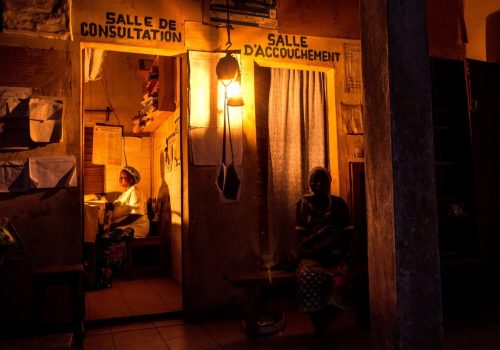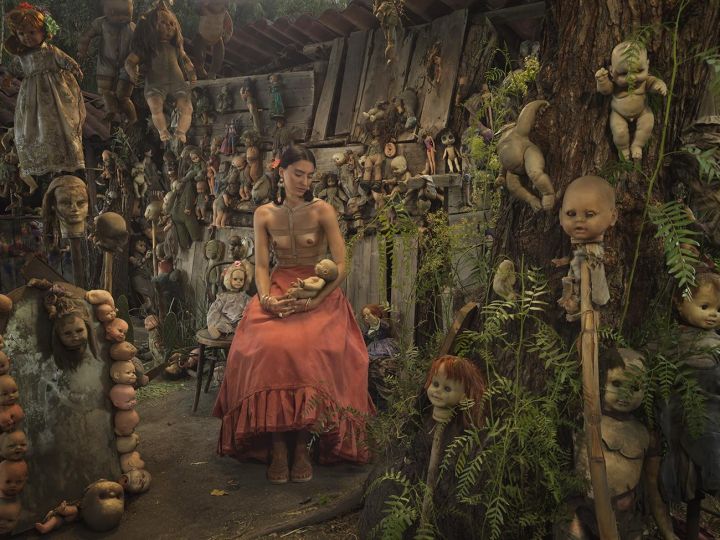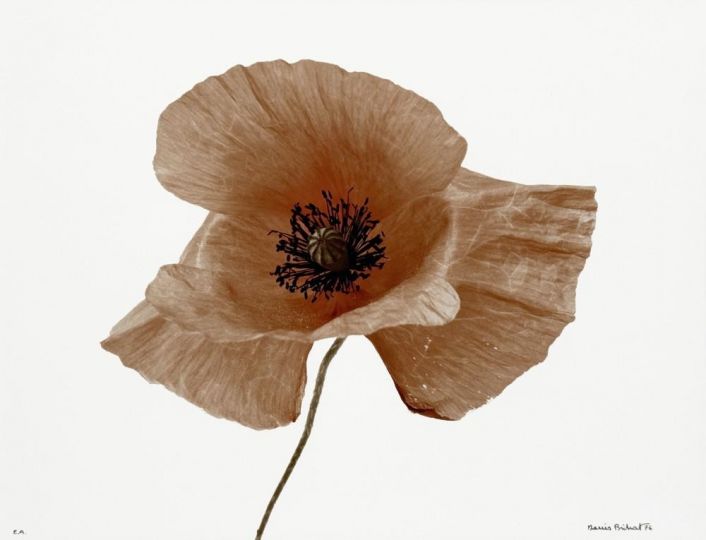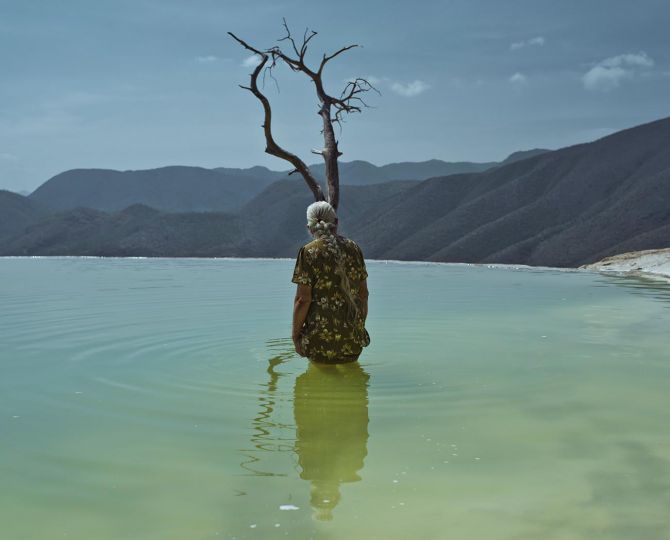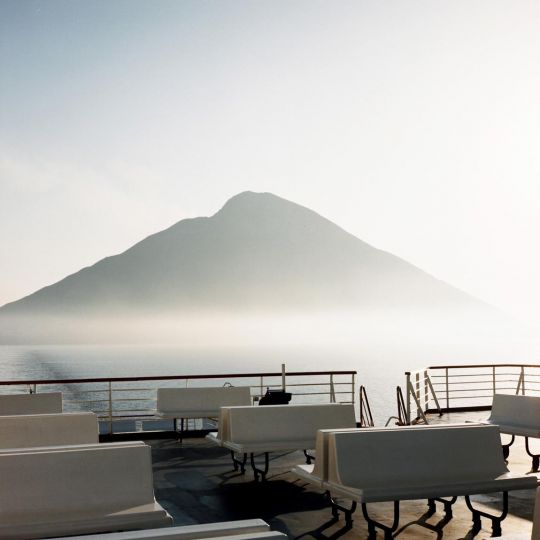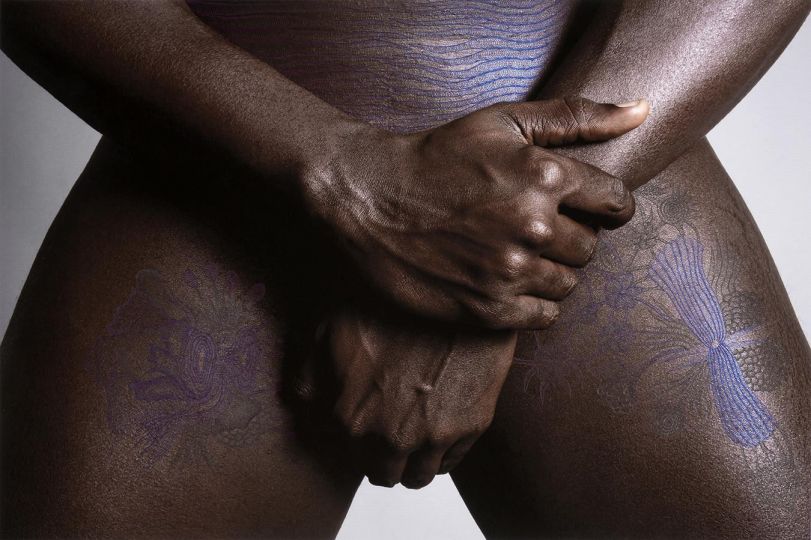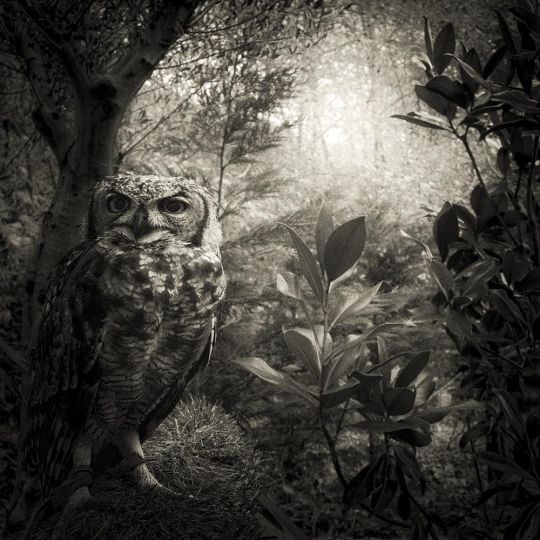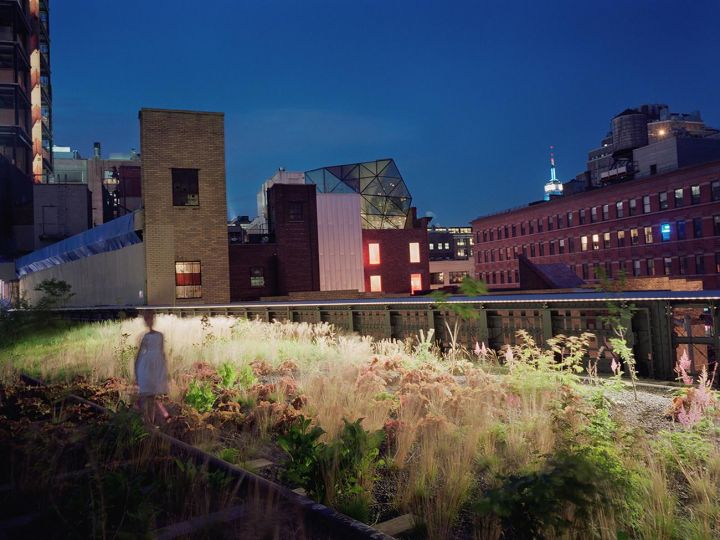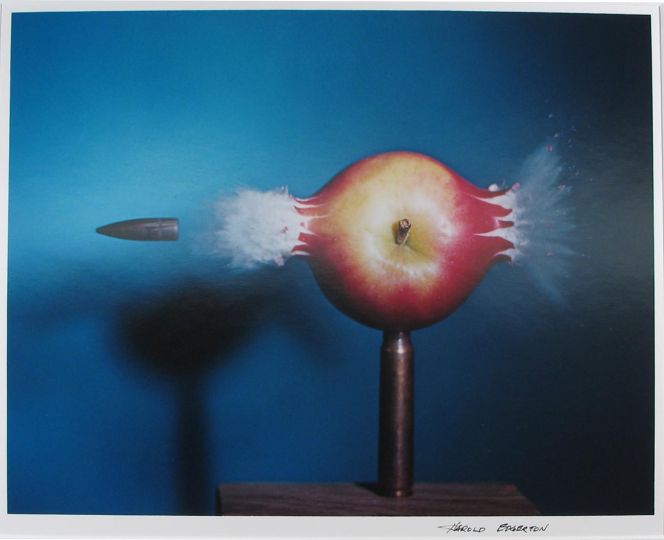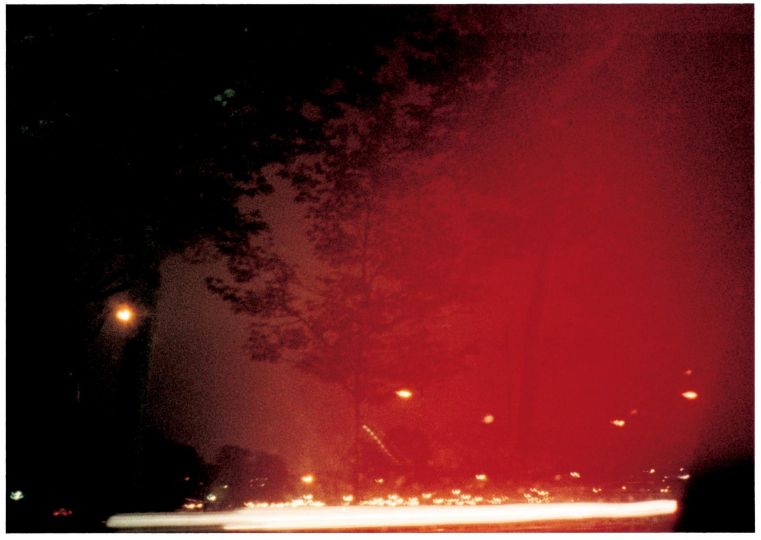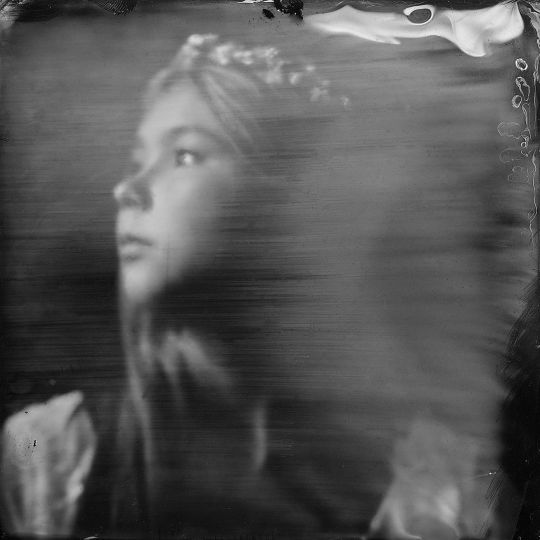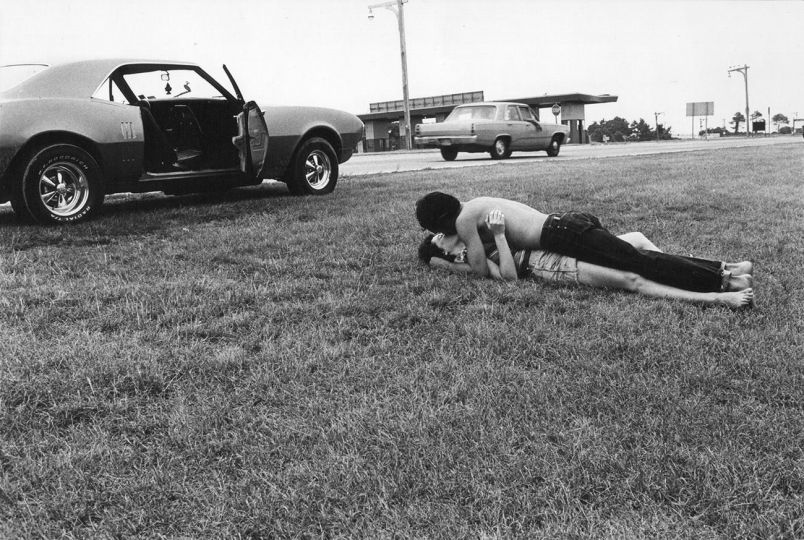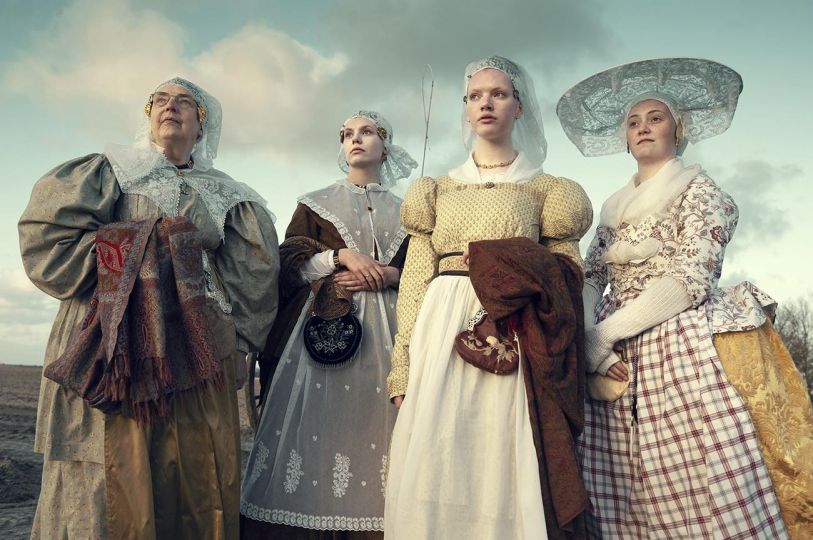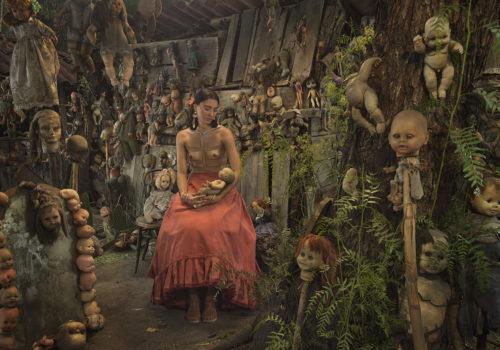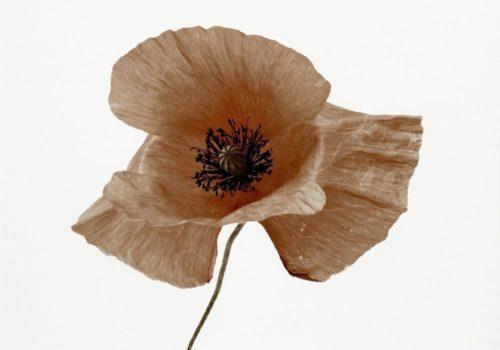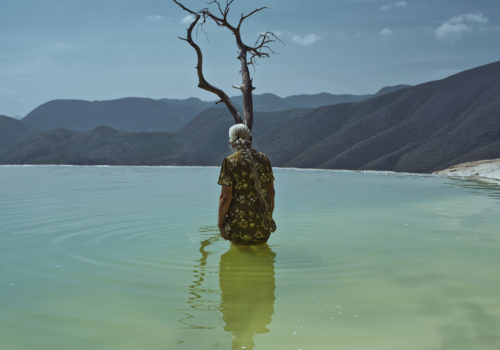The French photojournalist has captured the nocturnal life of a continent that suffers from electricity shortage and created vibrant pictures lit by the flame of artisanal gas lamps.
There are villages engulfed by pitch darkness and without access to any effective ways of confronting it. Darkness encroaches on living quarters and instills fear in the villagers. “I am scared at night,” a child in Benin admits to Pascal Maître. The photographer traveled to the village of Kokahoué in Benin, where 300 residents live without electricity. They must rely on their inventiveness and whatever tools they have at hand. A mobile phone becomes a flashlight, like for this little boy immortalized on his way at night, his father’s cellphone in hand, cautiously setting one foot in front of the other lest he flushes out a snake from the tall grasses of the bush. “It is thirty years that I’ve been hearing about the lack of electricity in Africa,” explains Pascal Maître, “so it’s a subject that came to me quite naturally.” There are in total nearly 620 million Africans with no access to electric power.
A snake bite
Those without power must manage as best they can to prolong vision, even a little, into the impenetrable night. Some use artisanal gas lamps that emit toxic fumes, but at least provide some light. Pascal Maître shows them to us in beautiful chiaroscuro where faces, lit by a flame, bring to mind the paintings of Georges de la Tour or Caravaggio. The lack of electricity nevertheless remains an inconvenience that may prove dangerous. Since there are no refrigerators, anti-venom serum cannot be preserved. As a result, in case of a snakebite — which happens a lot in the African backcountry — the victim must be driven to a city hospital, and there is risk of a car accident along the way. What else can we say about the woman who had just given birth, immortalized by Pascal Maître in the light of a flashlight and a gas lamp, whose newborn struggles in the flickering light that turns warm and cold, enveloped in the terrible shadows of the night? At a glance, we grasp the issues raised by access to electricity.
The underprivileged
Later on, the photographer shows us school children reviewing their lessons beneath a street lamp. They don’t have electricity at home and have found this rather uncomfortable way of doing their homework. In the next image, we see house painters who continue working by the light of their cellphones. “It must be said that in the African countryside, the night is deep,” says Pascal Maître. “As people say over there, ‘starting at 7 pm, it seems like you’re descending into a grave.’ It is solid darkness.” In addition, these people increasingly feel they are being deprived. “People who have no access to electricity feel degraded,” explains the photographer, “they have the impression of being sidestepped by progress.” In fact, many rural dwellers have adopted cellphones even though their villages have no power. Pascal Maître recalls his astonishment, while on an assignment in Chad, at seeing in a tent a pile of hundreds of cellphones that were being charged.
The industry of the future
Africa faces enormous challenges even while its population is soaring. At the end of the exhibition, Pascal Maître shows us some potential solutions. In Ethiopia, for example, a giant dam is being constructed. It alone will generate 6450 watt. In Ashegoda, 84 windmills supply the same country with 120 mega-watts. In Kenya, the biggest geothermal project in Africa is underway in a nature park. Pascal Maître photographed a building just as a giraffe crossed in front of his lens: it’s an amazing picture of Africa where the industries of the future intersect the land of its origins. There is much work to be done. It is estimated that by 2030, there will be another 50 million people without access to electric power on the continent.
Jean-Baptiste Gauvin
Jean-Baptiste Gauvin is a journalist, writer, and stage director who lives and works in Paris.
Pascal Maître, Quand l’Afrique s’éclairera
November 8, 2017 to January 7, 2018
Maison Européenne de la Photographie
5/7 Rue de Fourcy
75004 Paris
France

